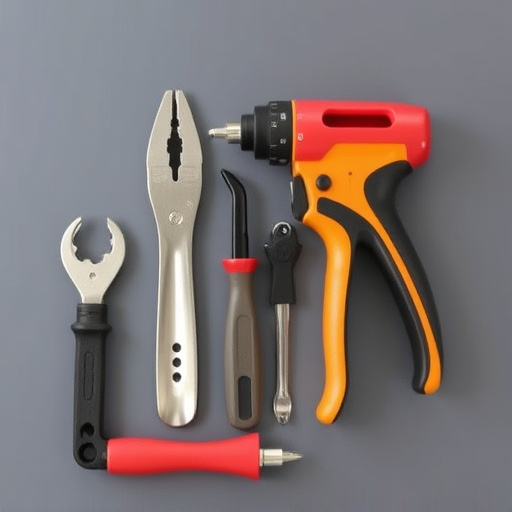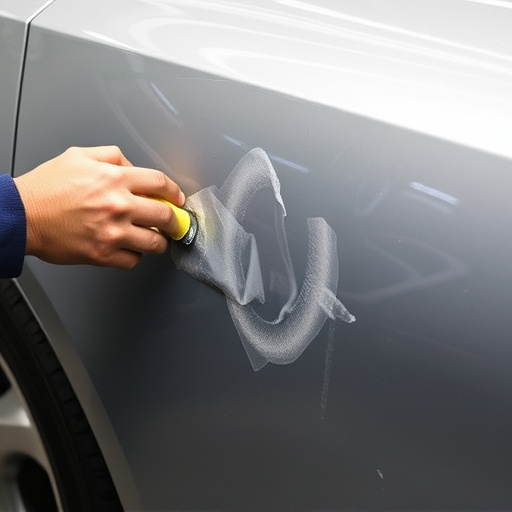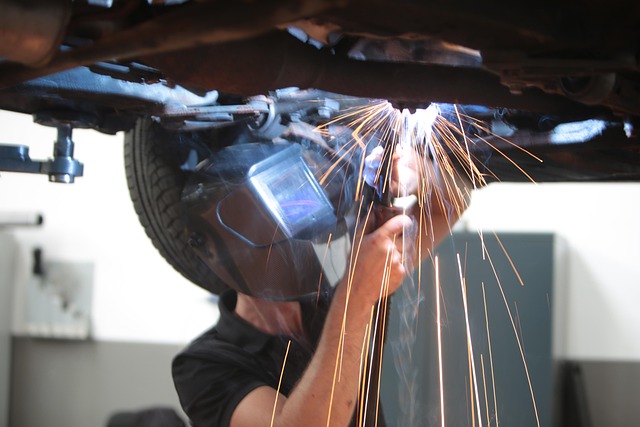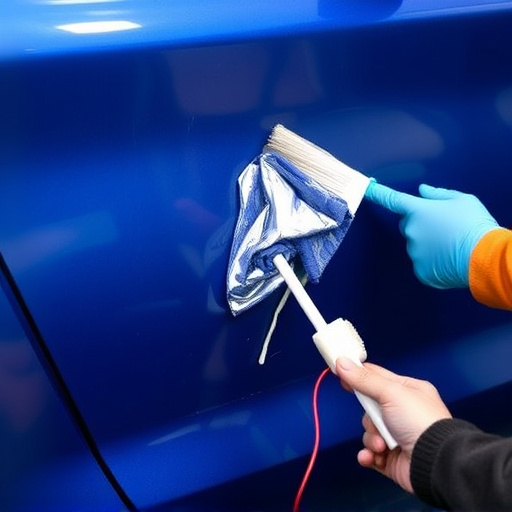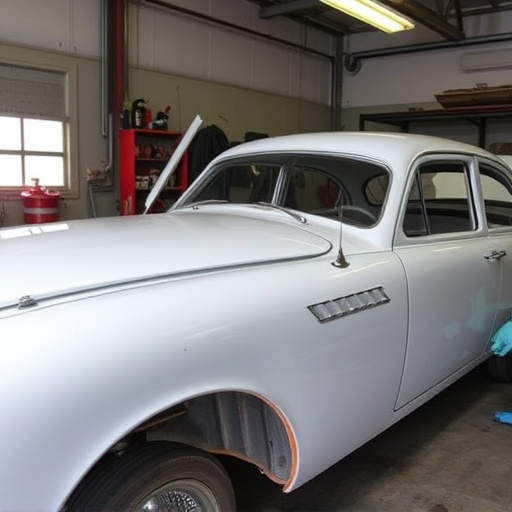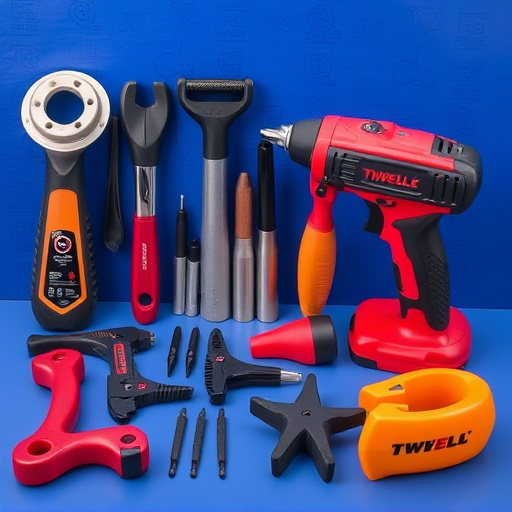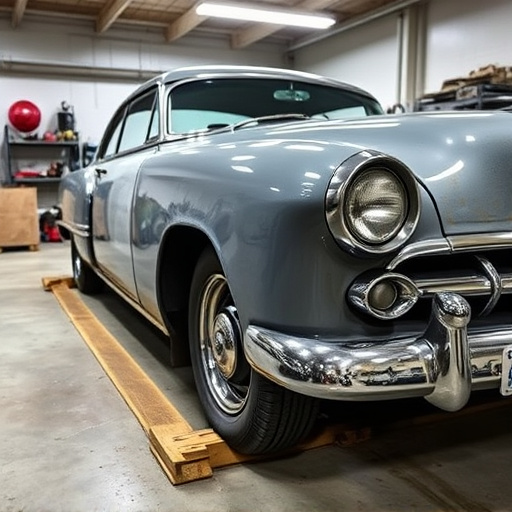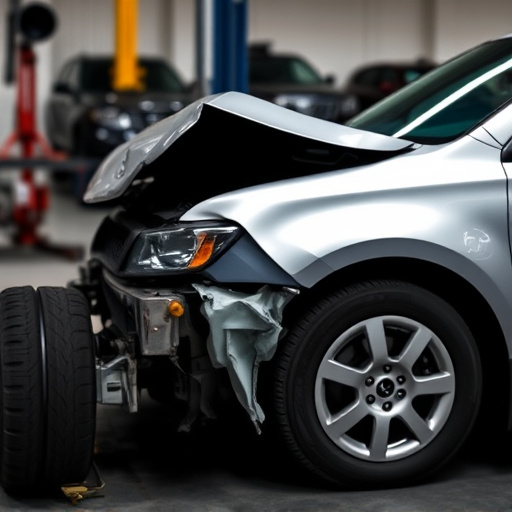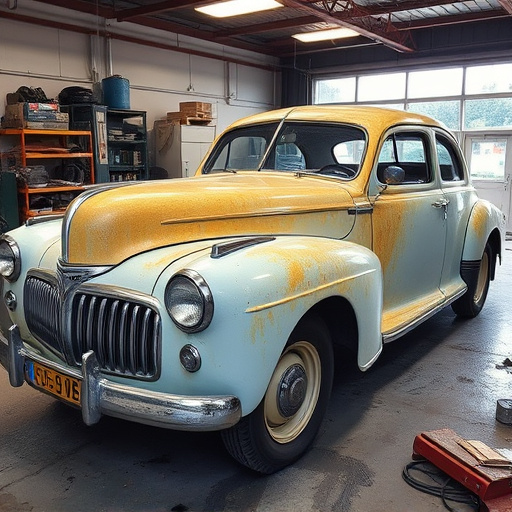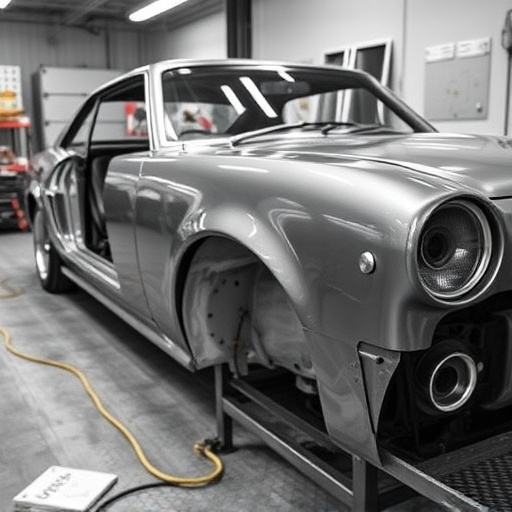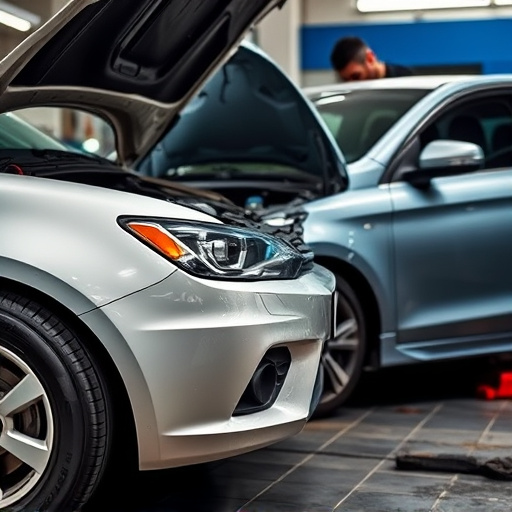Body panel insulation, a critical automotive component, enhances safety, energy efficiency, and structural integrity. Specialized materials trap air, improving thermal insulation and noise suppression. Compliance with rigorous industry standards is essential for material selection, installation, and performance, focusing on heat transfer mitigation, flame retardation, and noise reduction. Proper insulation acts as a protective barrier in accidents, enhancing passenger safety. Eco-friendly options are growing in popularity due to sustainability concerns. In the competitive automotive market, high-quality body panel insulation through meticulous production processes ensures durable bodywork, improving fuel efficiency and driver safety.
Body panel insulation is a critical component in automotive manufacturing, ensuring passenger safety and comfort. This essential material plays a vital role in meeting industry safety standards while enhancing vehicle performance. In this article, we explore the materials and composition of body panel insulation, delve into the stringent industry safety regulations it must adhere to, and uncover best practices in manufacturing to guarantee quality and compliance. Understanding these aspects is key to optimizing vehicle design and passenger protection.
- Understanding Body Panel Insulation: Materials and Composition
- Industry Safety Standards for Body Panel Insulation
- Ensuring Quality and Compliance in Manufacturing
Understanding Body Panel Insulation: Materials and Composition
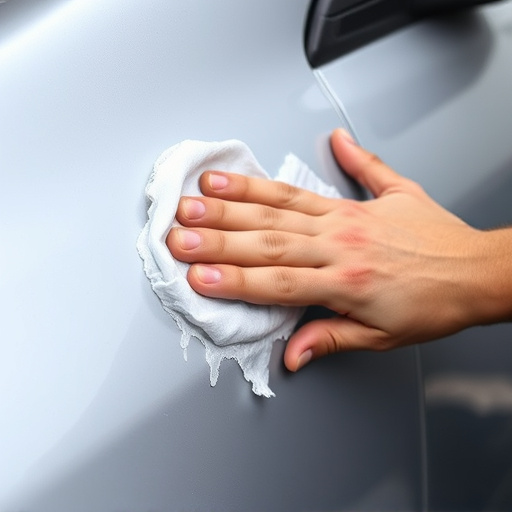
Body panel insulation is a critical component in automotive manufacturing and auto body repair. It’s not just about adding comfort to the vehicle interior; it plays a vital role in safety, energy efficiency, and structural integrity. This type of insulation is designed specifically for auto frame repair and auto body shop applications, taking into account factors like temperature regulation, sound dampening, and fire protection.
The materials used in body panel insulation vary, but they are typically composed of lightweight yet robust fibers, foams, or mats. These materials are chosen for their ability to trap air, which enhances thermal insulation and reduces noise transmission. In the context of auto body repair, understanding the composition and properties of these materials is crucial for achieving precise results. The right combination ensures that the repaired panel not only looks but also performs like new, meeting industry safety standards.
Industry Safety Standards for Body Panel Insulation
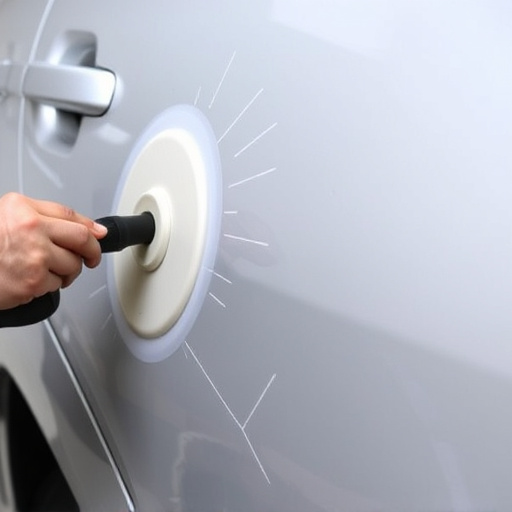
The automotive industry places stringent safety standards on every component, including body panel insulation. These regulations are designed to ensure not only the structural integrity of vehicles but also the well-being of those involved in manufacturing and repair processes. When it comes to body panel insulation, compliance means adhering to strict guidelines for materials, installation methods, and performance. This includes resistance to heat transfer, flame retardation, and minimizing noise during both production and subsequent vehicle operation.
For instance, in the event of a collision or accident, proper body panel insulation acts as a protective barrier, preventing the penetration of sharp objects and reducing the risk of secondary injuries. Additionally, it plays a crucial role in maintaining optimal cabin temperatures, contributing to passenger comfort and safety, especially during extreme weather conditions. Furthermore, with an increasing focus on sustainability, eco-friendly insulation materials that meet industry standards are becoming the norm, aligning with the broader trend towards greener vehicle manufacturing practices, such as those seen in auto body painting and bumper repair processes.
Ensuring Quality and Compliance in Manufacturing
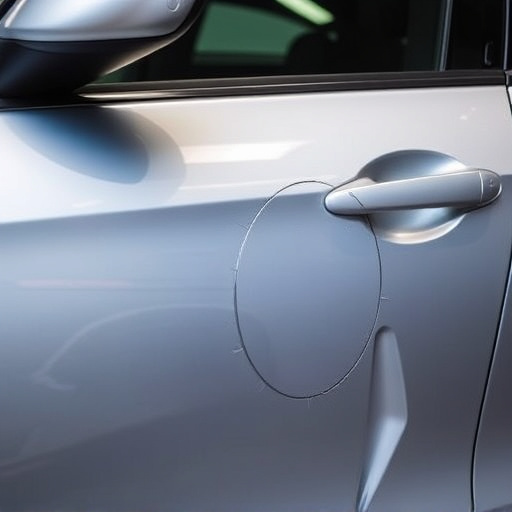
In the competitive automotive industry, maintaining quality and compliance during manufacturing is paramount for any product, especially when it comes to body panel insulation. This isn’t just about adhering to stringent safety standards; it’s also about ensuring long-lasting performance and customer satisfaction. Each step of the production process must be meticulously controlled to guarantee that the final car bodywork meets or exceeds industry benchmarks.
From raw material selection to the application of insulation, rigorous testing and quality control measures are essential. This includes adhering to specific guidelines for auto glass repair and auto body repair techniques to maintain structural integrity and prevent weak points in the insulation layer. Ultimately, a well-insulated car bodywork not only enhances fuel efficiency but also contributes to a safer driving experience.
Body panel insulation plays a critical role in vehicle safety, providing protection against impact and enhancing structural integrity. To ensure optimal performance, it’s essential that manufacturers adhere to industry safety standards. By implementing rigorous quality control measures during production, they can guarantee that every panel meets these stringent criteria, ultimately contributing to safer vehicles on the road.
